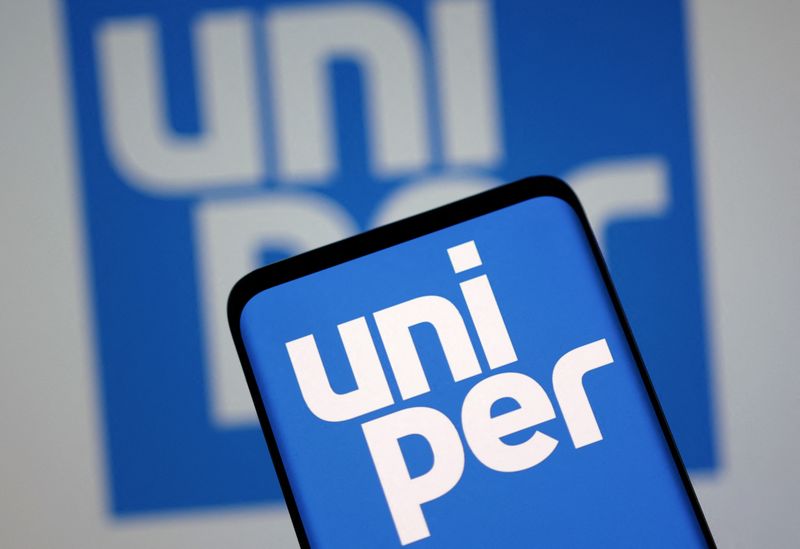Gold prices set for weekly gains on dovish Fed outlook; silver near record high
By Nia Williams
VANCOUVER (Reuters) - Shorter-duration contracts for LNG purchases will be important for Europe's diversifying supply given uncertainty about long-term gas demand, the new chief executive of German utility Uniper said on Monday.
LNG developers prefer 20- to 25-year contracts to help secure financing for the multi-billion-dollar projects. But European nations committed to moving to renewable fuels within the next 20 years have been reluctant to sign deals, creating a stalemate.
Uniper CEO Michael Lewis argued for more flexible terms at the LNG 2023 conference in Vancouver. The role of liquefied natural gas in Europe's energy mix is reasonably secure until 2030, but after that it is "very, very, challenging" to predict gas demand as countries ramp up decarbonization efforts, he said.
"We want to continue to diversify geographically but also in terms of the duration of contracts," said Lewis, who took over as CEO last month. "The key challenge will be getting the right pricing and the right flexibility so that you can move that gas around easily, as demand starts to fall in Europe."
European countries including Germany are seeking to secure new energy supplies after Russia cut pipeline gas shipments to the continent. Germany's response to the cuts included conservation and launching several LNG import terminals.
If European LNG demand is uncertain, Asia's emerging markets continue to grow as they move away from coal, said Sarah Bairstow, president of Mexico Pacific Ltd, speaking on the same panel.
Trading houses that can aggregate demand from a number of established and emerging markets will become more important to advancing LNG export terminal projects.
"Those markets are a little more difficult for project developers," Bairstow said. "It's really caused an emergence again of the role of aggregators and traders as we see emerging markets coming back into play."
